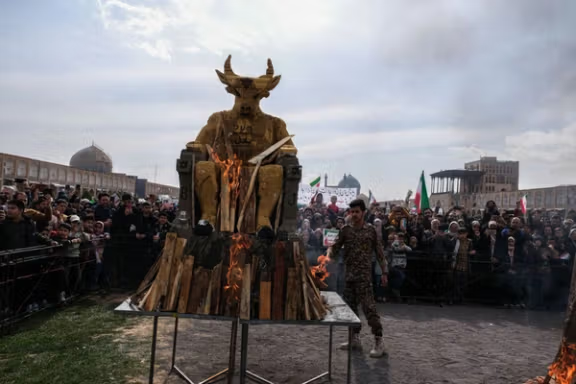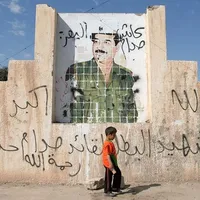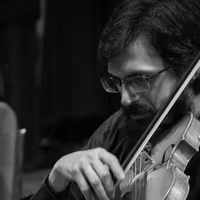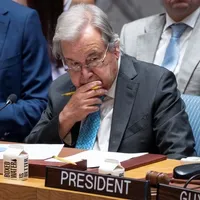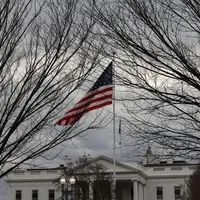Viewers submitted text, voice and video messages to Iran International documenting the adversity they face in getting a consistent supply of water.
Messages from Tehran, Karaj and Hamadan to Ahvaz and cities in Sistan and Baluchestan paint a picture of worsening water access and sharp criticism for what many view as poor management.
The responses indicate that in many Iranian cities, people are facing nightly outages and notable reduction in water pressure.
Inflow to Tehran’s reservoirs has dropped by 43 percent compared with the previous water year, Behzad Parsa, managing director of the Tehran Regional Water Company, told state media this week.
Parsa described the situation as unprecedented in decades, attributing it to a 100% decrease in rainfall in Tehran province compared with long-term averages.
Pressure Drops
"If the pump doesn't work, not a drop of water comes. The pressure in upper floors is very low, and everyone has the same problem," a resident in Tehran said.
"Since last night, water has been cut off, and no media - neither domestic nor foreign - has reported it," another message said.
Energy Minister Abbas Aliabadi on Sunday called the nightly pressure cuts a temporary management tool to stabilize the city’s aging water network and reduce leakage. Similar steps taken during the summer, he said, conserved significant volumes.
"Sometimes we have no water for two full days. Summers it was electricity. Now it's water's turn," one resident of Pardis in Tehran said.
Other messages from different cities in Tehran and Karaj shared reports with the same theme: "Low pressure and frequent outages; nightly shortages repeat."
A video shows a group of students from Al-Zahra University in Tehran protesting water outages on Sunday, saying water has been rationed due to frequent cuts.
President Masoud Pezeshkian warned last week that if rainfall does not resume by the end of autumn, Tehran will face water rationing, adding, “If it still doesn’t rain, we will have no water and will have to evacuate the city.”
North, Northwest and West
Some messages from different parts of Iran echo the same issues with lower pressure and continuous shortages.
"In Rasht, the city of rain, sometimes water is cut off from sunset or pressure drops severely. Since most homes have pumps, many don't notice," one message said.
"With people's efforts and no government help, we secured drinking water. No support from the government."
"No shortages yet, but they say reservoirs are 40% down. Probably soon they'll cut water like in Tehran," a messages from Saqqez mentioned.
"The water situation in Asadabad is very bad," one message from Western Iran read. "For years, we've been bringing water from the mountains because the city's water quality is terrible."
South, Southeast and Northeast
In Khuzestan, complaints are not just about water shortages in some areas but also very poor quality in others.
"Water is there but either smells of chlorine or is muddy. When it's cleaner, it smells like rotten eggs. Pressure was very low for a few days too," a message read from Ahvaz.
"Bottled water for drinking, 20-liter jugs for cooking, tankers for usage. Curse this regime, the clerics, and the Islamic Republic," one message said.
In Sistan and Baluchistan Province, conditions are reported as more critical than elsewhere, where drinking water is supplied by jerry cans and tankers as in past years.
"No rain, and the Golestan Dam has no water. Farmers in our area no longer have the energy to plant wheat and barley; the situation is disastrous," a message from the city of Gonbad-e Kavus in Golestan Province said.
"Water is so scarce that the water heater doesn't boil. We wash dishes with lukewarm water, and for showers at night, we fill buckets from the heater. It's disastrous," one message from Mashhad said.
Some messages spoke of increased water bill amounts, lack of official accountability, and complete distrust of the government.
"They've made bills three to four times more expensive," one message said. "For three years, they've been stringing people along; now in polluted air, we're dying, and we have no water."






